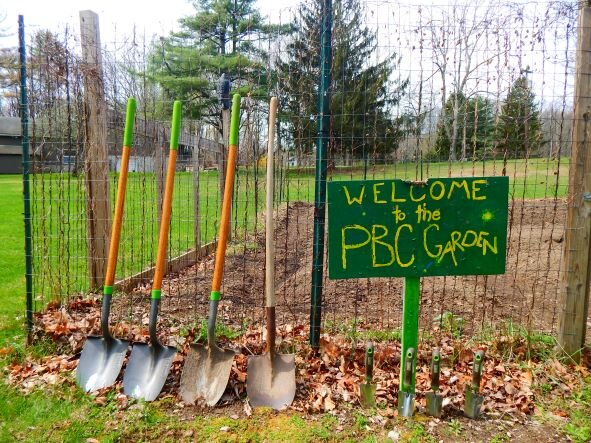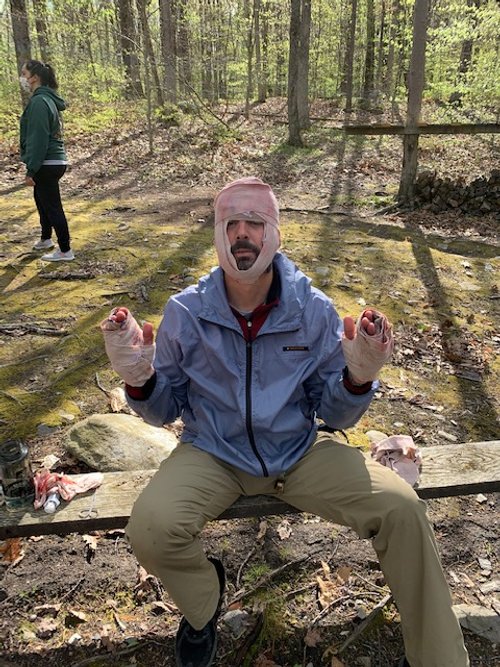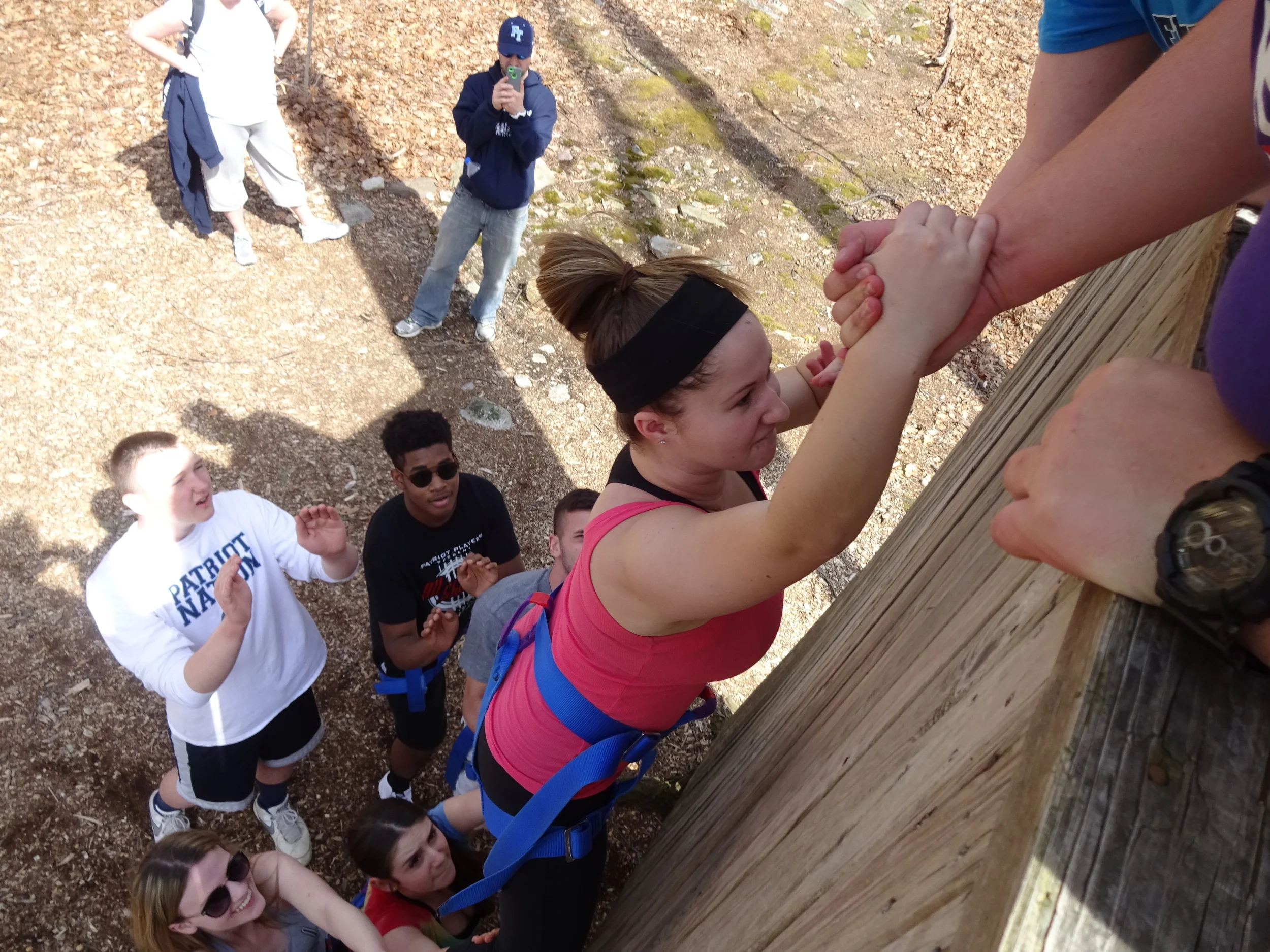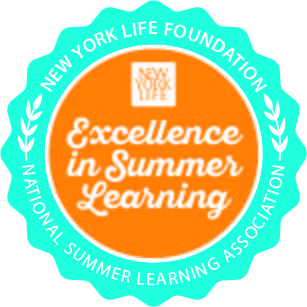So Much More Than Soil - SEL and Gardening
/As an embodiment of our core values, PBC’s facilitators strive to connect environmental experiences not just to academic concepts, but to social emotional learning (SEL) and social justice movements as well. This June, a time of year where our gardens are creating ample amounts of nourishing food for plates in Egner Lodge, we are exploring the additional role of the PBC garden in nourishing skills, meaningful connections, and the relationship between participants and the planet.
As Todd McPherson, Urban Garden Coordinator at Luther Burbank High School mentions in Students Use Gardening to Develop Social Emotional Learning Skills, “A functioning and productive garden space [is also a] very interactive outdoor classroom…really, we can incorporate just about any discipline into the gardens.” Other interviews in the video make the case for conducting mentorship and other leadership lessons in a garden setting, which is something we have been facilitating with our Summer Bridge, Leader-In-Training, and Wilderness Leadership School participants for several years.
The video also emphasizes the observed increase in empathy among students learning and interacting with the living organisms endemic to gardens. The graduate thesis Growing Citizens: Students’ Social Emotional Learning via School Gardens elaborates on how “In addition to academic learning goals, gardening has the potential to provide students with a sense of empathy related to nature that may [help develop] pro-environmental stances later in life. Gardening may also contribute to the attainment of related citizenship skills such as collaboration and communication.”
Garden helpers hold up giant kohlrabi they helped harvest from the PBC garden. Produce harvests go to Chef Bob, who turns them into delicious meals for Egner Lodge.
Ron Franco, Senior Program Manager, shared some of his perspective about working with students in the PBC garden, and how observing and caring for the living things in a garden space are effective catalysts for deeper conversations and connections that reach far beyond the boundary fence.
“Over the past four years, [our] garden has proved fruitful in more ways than one can imagine. It provides an interactive, colorful, and lively learning experience for our curious participants, a place where we engage in thought-provoking, hands-on garden curriculum and activities.” As participants work together toward common goals in the space, they practice collaborative skills, and “rejoice in the wonders while soaking in colorful inspiration and novel experiences, such as tasting a vine-ripe cherry tomato or other garden treat for the first time in their lives…Hopefully, these eye-opening moments and stirring experiences will help ignite [participants’] interest in sustainable agriculture, green movements, and food justice. Through the garden, PBC helps plant a small seed of hope and opportunity for our future nature-conscious leaders.”























